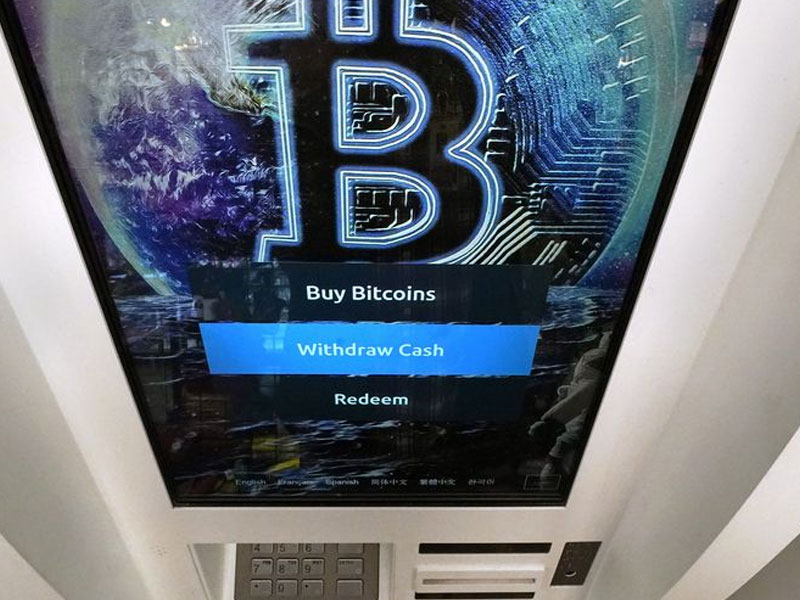Coinbase Expands Multi-Chain Support, Integrates Polygon (MATIC) Network for USDC Deposits
SOURCE: HTTPS://THECURRENCYANALYTICS.COM/
OCT 11, 2023
Little Laos makes big play in cryptocurrency, raising environmental fears
SOURCE: WASHINGTONTIMES.COM
SEP 29, 2021

In this Feb. 9, 2021, file photo, the Bitcoin logo appears on the display screen of a cryptocurrency ATM at the Smoker’s Choice store in Salem, N.H. (AP Photo/Charles Krupa, File)
Cheap power pitch relies heavily on ambitious dam-building projects
BANGKOK, Thailand | Stepping in after China‘s recent crackdown, the impoverished Southeast Asian nation of Laos is opening the doors to Bitcoin mining and trading, sensing a cryptocurrency opening fueled by abundant hydroelectric power from the Mekong River and shrugging off U.S. warnings of disastrous environmental problems.
The surprise announcement earlier this month by the office of Laotian Prime Minister Phankham Viphavanh allowing the creation and dealing of Bitcoin, Ethereum, and other blockchain-based currencies makes Laos the only Southeast Asian country to officially permit and participate in the web-based currency.
China had allowed Bitcoin miners — who need plentiful power supplies to perform the dense mathematical computations that produce\ the currency — to feed on its cheap electricity for several years, mostly in the provinces of Inner Mongolia, Xinjiang, Sichuan and Yunnan. But Beijing rocked the cryptocurrency markets by tightening regulations and shutting their systems in May.
And just last week China’s central bank on Friday declared all transactions involving Bitcoin and other virtual currencies illegal, stepping up a campaign to block use of unofficial digital money, the Associated Press reported. The AP account said Chinese officials are increasingly concerned that Bitcoin and other digital currencies disrupt the financial system and have become increasingly popular with money laundering rings.
Worried foreign investors struggled to export expensive, delicate, massive computers out of China while scouring the world for fresh places to set up. In the scramble to capture the Chinese business, Laos is taking on some pretty big rivals.
“China has shot itself in the foot by going after its Bitcoin miners,” Forbes reported. “The U.S. is becoming a big-time miner in its wake.” Mining is now allowed in Texas, South Dakota, Nebraska, North Carolina and other states.
International miners have also moved from China to Canada, Kazakhstan, Uzbekistan, Russia and elsewhere.
Mining or “minting” fresh crypto involves constructing and operating huge, linked computer “rigs” to determine a 64-digit hexadecimal “hash” number based on increasingly complex algorithms — essentially guessing trillions of possible random answers. By doing so, miners confirm Bitcoin and transactions are genuine, and add them to the blockchain.
LATEST NEWS
Artificial Intelligence
Eerily realistic: Microsoft’s new AI model makes images talk, sing
APR 20, 2024
WHAT'S TRENDING


Data Science
5 Imaginative Data Science Projects That Can Make Your Portfolio Stand Out
OCT 05, 2022

SOURCE: HTTPS://THECURRENCYANALYTICS.COM/
OCT 11, 2023
SOURCE: HTTPS://FORKAST.NEWS/
SEP 25, 2023
SOURCE: WWW.BUSINESSTODAY.IN
AUG 11, 2023
SOURCE: HTTPS://COINTELEGRAPH.COM/
JUL 19, 2023
SOURCE: HTTPS://WWW.BUSINESS-STANDARD.COM
JUL 06, 2023